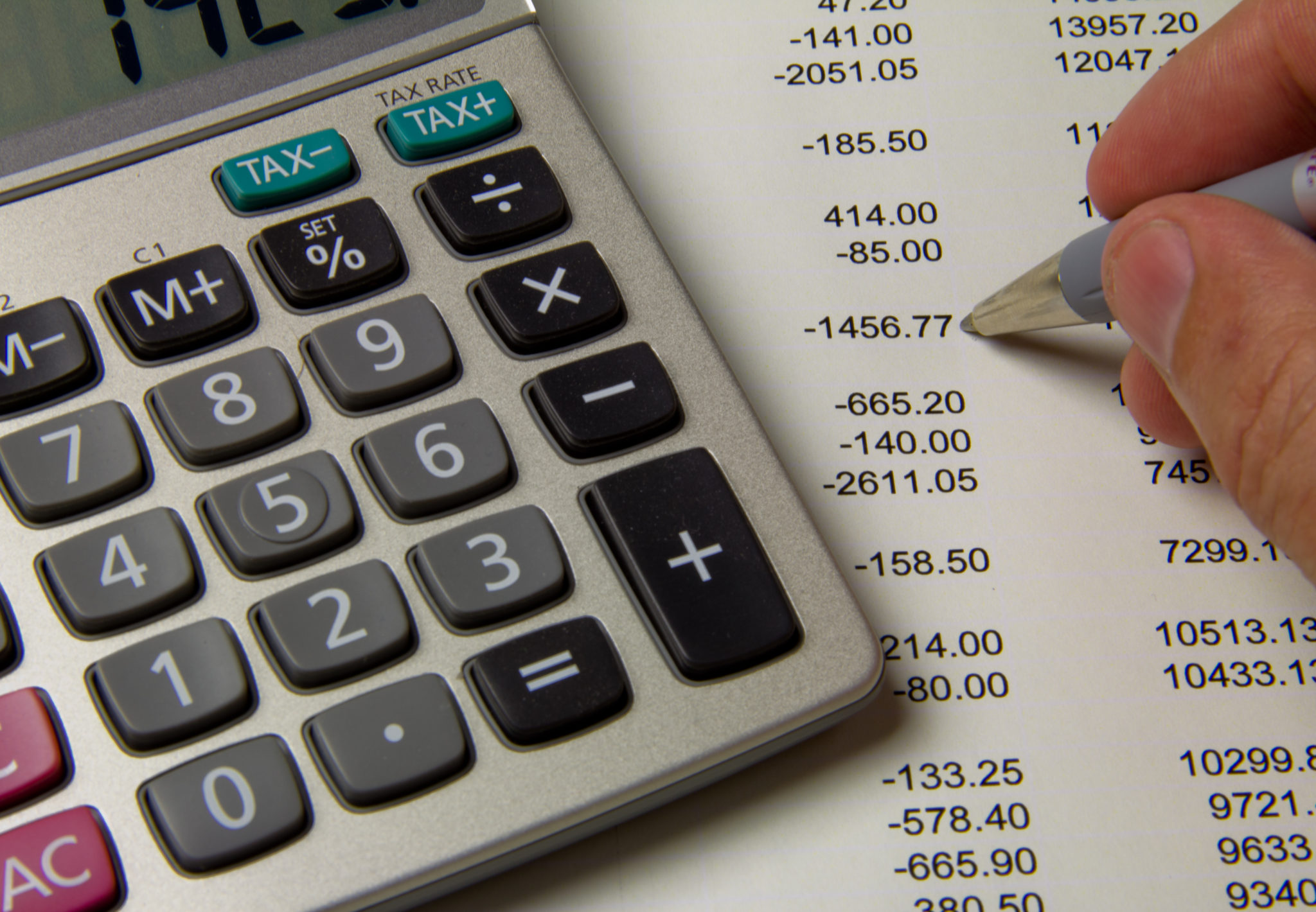I often get asked the question, “If I am filing Chapter 7 bankruptcy, should I stop paying my bills?” The answer is Yes and No.

Continue to Pay the Bills You Will Still Have After Bankruptcy
First the No. You must continue to pay certain bills. These include your rent or mortgage, auto loans for any vehicles you intend to keep, current utility bills, and other basic living expenses. Your bankruptcy Statement of Intention will indicate whether you intend to keep your car or residence.
While you may intend to discharge past utility bills from a former address, you should continue to pay the utilities for your current residence. Sometimes it makes sense to obtain a phone carrier or other utility. This is especially true if you owe a lot of money on a current bill.
Stop Paying the Bills That Will Be Discharged in Bankruptcy
Now the Yes. If you intend to file for Chapter 7 bankruptcy, you should immediately stop paying most unsecured debts, including credit cards, medical bills, and personals loans. Unsecured debts are debts that are not tied to an asset that can be seized once you stop paying, like a vehicle or residence. Since these debts will be discharged in your bankruptcy, making payments to your creditors is just sending good money after bad.
Moreover, the Bankruptcy Code requires disclosure of payments totaling more than $600 within the three months prior to filing bankruptcy. If you pay creditors prior to your bankruptcy, the trustee assigned to your case may attempt to get back that payment for distribution to all of your creditors.
Timing: File Your Bankruptcy Soon After You Stop Paying Your Bills
Of course, once you discontinue paying, your creditors will attempt more aggressive collection efforts. They may send your accounts to collection agents, who will attempt to harass you into paying. Creditors will eventually sue you, obtain judgments, garnish your wages, or file liens against your real property and bank accounts. Missed payments will also be reported to credit bureaus, further degrading your credit score. For these reasons, you should file your bankruptcy as soon as possible after you stop paying your bills.
Once you retain Lee Legal, our office will take your creditor calls up to two weeks before you file your bankruptcy. When your case is filed and the Automatic Stay kicks in, you will be protected from all collection efforts by operation of law.
If you are asking yourself, “Should I stop paying my bills?” then you should be considering filing for bankruptcy. Call Lee Legal to schedule a free consultation.
